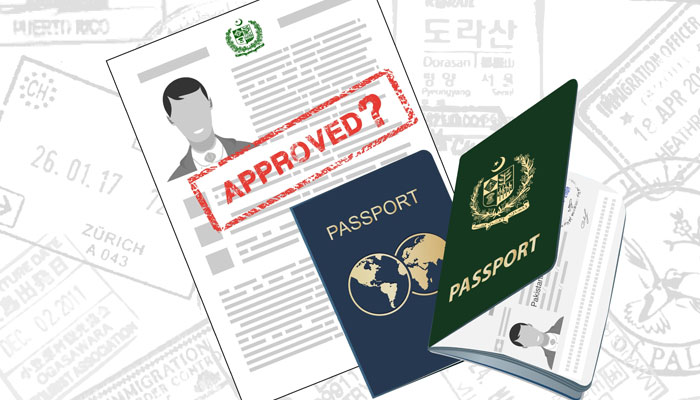Overseas Properties of Pakistan’s Bureaucracy: Patriotism or Secured Exit?
In Pakistan, bureaucrats form the steel frame of governance—designing policies and executing them. But in recent years, a critical question has emerged from behind the polished doors of their offices: When the policymakers themselves are moving their assets abroad, can they really demand patriotism and sacrifice from the public?
Portugal Properties: A 2025 Bombshell
On August 6, 2025, Pakistan’s Defence Minister Khawaja Muhammad Asif made a shocking revelation. He claimed that “more than half of Pakistan’s bureaucracy has invested in real estate in Portugal and is in the process of securing permanent residency.” He further alleged that some officers received billions of rupees in wedding ‘salamis’ for their daughters raising serious concerns about undeclared wealth within the civil service.
This isn’t just political rhetoric; it strikes at the heart of national integrity.
If top bureaucrats have no long-term stake in Pakistan, can we expect them to place national interest above personal gain?
How can public resources be safeguarded by those whose futures and often families are already secured abroad?
Dubai Unlocked: The OCCRP Revelation
In May 2024, the Organized Crime and Corruption Reporting Project (OCCRP) published a global investigation titled “Dubai Unlocked”. It exposed ownership of over 23,000 properties in Dubai registered under 17,000 Pakistani nationals.
Among these were:
- Retired military officers
- Grade 20–22 civil servants
- Former diplomats
Members of sensitive state institutionsMany of these properties were allegedly purchased using benami accounts, in the names of family members or through frontmen—raising red flags of money laundering and concealment.
Silent Institutions or Silent Complicity?
Despite having access to this information, key institutions such as the Federal Board of Revenue (FBR), National Accountability Bureau (NAB), and Establishment Division have shown little follow-through.
Investigations often either:
- fall victim to political interference, or
- become entangled in judicial delays before fading into irrelevance.
This leads to a glaring inconsistency in accountability:
If a common citizen is penalized for undeclared assets, why do bureaucrats enjoy silent immunity?
Patriotism or Plan B?
International property investment isn’t inherently wrong. But the issue lies in the scale, secrecy, and intent behind such acquisitions.
- In the Pakistani case, a significant portion of the bureaucracy:
- Owns offshore properties far beyond their known sources of income
- Fails to declare these assets in mandatory disclosures
- Uses them to facilitate permanent family relocation abroad
This reflects not just a moral failure but a collapse of public trust in governance.
The Unanswered Question
When the very foundations of the state are built on offshore villas and foreign residencies, who will stay behind to build the nation?
Pakistan doesn’t just need political accountability—it requires systemic reckoning across all power centers: the civil bureaucracy, the judiciary, and the military elite.
Otherwise, these overseas properties won’t just be brick and mortar—they’ll be monuments to a state increasingly hollowed from within.
Recommendations
FBR, State Bank, and NAB must jointly release a public record of all bureaucrats with foreign assets.
Mandatory asset disclosures of civil servants must include global holdings, with legal consequences for non-compliance.
Any bureaucrat found hiding assets should face suspension or dismissal.
By: Asif Iqbal





Comments are closed, but trackbacks and pingbacks are open.